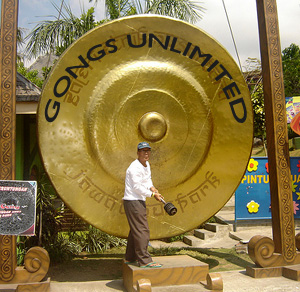Autumn Sonata
We're working our way through a box set of Bergman films, and came last night to Autumn Sonata. It stars Liv Ullman and Ingrid Bergman, as mother and daughter. There's a lot of quite heavy duty digging-down as LU reproaches her mother, a high-flying classical pianist, for neglecting her and, especially, her handicapped sister. In this film at least, Bergman doesn't leave much to the imagination as far as psychological exploration is concerned. At the time, this very explicit examining of parent-child relationships must have been revelatory. It still packs a punch, due especially to Ullman's extraordinarily expressive performance. There's a scene in which LU, or rather her…
Read More

